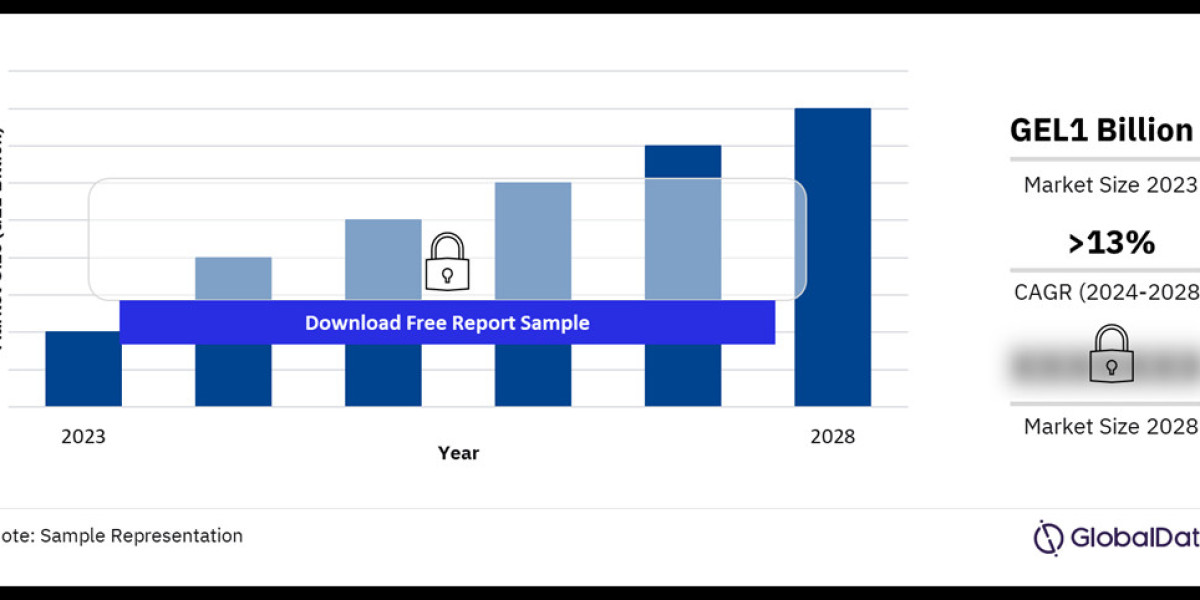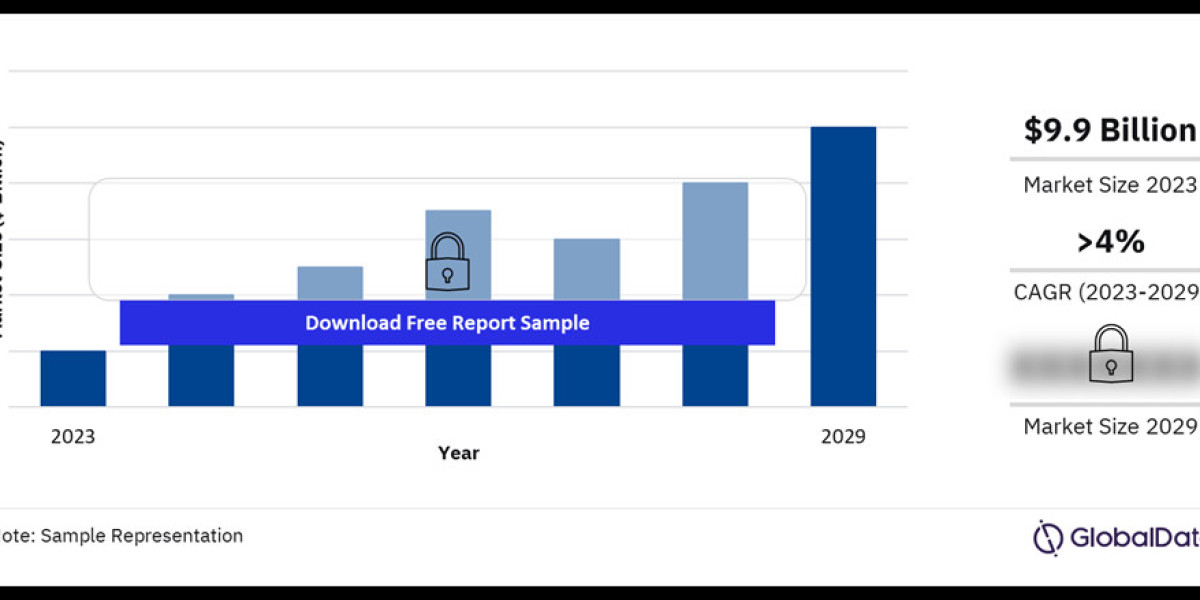The Georgia insurance market plays a pivotal role in the state’s economy, offering diverse coverage options ranging from health and auto insurance to homeowners and life insurance. As the state grows, the insurance industry has evolved to address new challenges, including regulatory updates, digital transformation, and customer-centric innovations. This article provides an in-depth look at the Georgia insurance market, highlighting its key components, trends, and future potential.
Introduction to the Georgia Insurance Market
Georgia’s insurance industry is a dynamic sector that contributes significantly to the state’s economy. With a population exceeding 10 million, the demand for insurance services spans personal, business, and specialty lines. The market’s size and growth are driven by factors like economic development, increasing urbanization, and regulatory oversight by the Georgia Office of Insurance and Safety Fire Commissioner.
This regulatory body ensures that insurers operate fairly, transparently, and in compliance with state laws, fostering a competitive yet stable marketplace. Buy the Full Report for More Insights into the Georgia Insurance Market Forecast
Download a Free Report Sample
Types of Insurance in Georgia
The insurance market in Georgia encompasses a broad spectrum of products tailored to meet consumer and business needs:
- Health Insurance: Includes ACA-compliant plans, employer-sponsored coverage, and Medicaid.
- Auto Insurance: Mandatory liability coverage ensures financial accountability on the road.
- Homeowners Insurance: Protects against risks such as natural disasters, which are common in the region.
- Life Insurance: Policies range from term life to whole life and universal life plans.
- Specialty Lines: Crop insurance, cyber insurance, and business interruption policies cater to niche needs.
This diversity reflects the market’s adaptability and customer-focused approach.
Regulatory Environment
The Georgia Office of Insurance and Safety Fire Commissioner oversees the state’s insurance industry. Its responsibilities include:
- Licensing insurance companies, agents, and brokers.
- Reviewing and approving premium rates.
- Investigating consumer complaints and addressing fraud.
Recent regulatory developments, such as the adoption of data privacy laws and reforms in health insurance pricing, highlight Georgia’s commitment to safeguarding consumers while fostering a robust industry.
Health Insurance in Georgia
Health insurance remains a cornerstone of the Georgia insurance market. Key aspects include:
- Affordable Care Act (ACA) Compliance: Ensuring all insurers offer essential benefits under federal law.
- Medicaid Expansion: Expanding access to low-income individuals, though implementation challenges remain.
- Private Plans: Growth in individual and family plans, supported by competitive marketplaces.
With rising healthcare costs, insurers are increasingly leveraging digital tools to offer cost-effective, value-driven solutions.
Auto Insurance in Georgia
Auto insurance is mandatory in Georgia, with minimum liability requirements set by state law. Trends in the sector include:
- Telematics-Based Policies: Usage-based insurance (UBI) programs reward safe driving habits.
- Rising Premiums: Driven by factors like urbanization and the frequency of accidents.
- Legal Requirements: Drivers must maintain at least $25,000 for injury per person, $50,000 per accident, and $25,000 for property damage.
These factors highlight the sector’s importance in ensuring road safety and financial accountability.
Digital Transformation in Georgia’s Insurance Market
The adoption of technology has revolutionized how insurers in Georgia operate. Innovations include:
- AI in Claims Management: Automating claim approvals and reducing settlement times.
- Mobile Apps: Enabling customers to manage policies, file claims, and access support anytime, anywhere.
- Blockchain Technology: Enhancing transparency and security in policy management.
These advancements not only improve efficiency but also enhance customer satisfaction by offering seamless, personalized experiences.
The Future of the Georgia Insurance Market
As the Georgia insurance market continues to grow, several trends will shape its future:
- Emerging Technologies: IoT, big data analytics, and AI will drive product innovation and risk assessment.
- Sustainability Initiatives: Insurers will play a key role in addressing climate risks through green policies and renewable energy support.
- Customer-Centric Products: The demand for personalized, flexible coverage will lead to more customizable offerings.
By staying adaptive, Georgia’s insurance industry is poised for continued growth and innovation.
FAQs About Georgia’s Insurance Market
What is the role of the Georgia Office of Insurance and Safety Fire Commissioner?
The office oversees licensing, rate approvals, fraud investigations, and consumer protection in the insurance industry.
What types of insurance are most popular in Georgia?
Health, auto, homeowners, and life insurance are the most common, with significant growth in specialty lines like cyber insurance.
What is usage-based auto insurance?
UBI uses telematics devices to track driving habits, offering discounts for safe drivers and aligning premiums with actual usage.
How do natural disasters impact Georgia’s insurance market?
Frequent storms and flooding drive demand for homeowners and crop insurance, influencing premiums and policy structures.
What are the challenges facing Georgia’s insurance market?
Fraud, regulatory complexity, and climate risks are some of the key challenges insurers must navigate.
How does technology impact Georgia’s insurance industry?
Digital tools enhance efficiency, transparency, and customer engagement while driving down operational costs.







